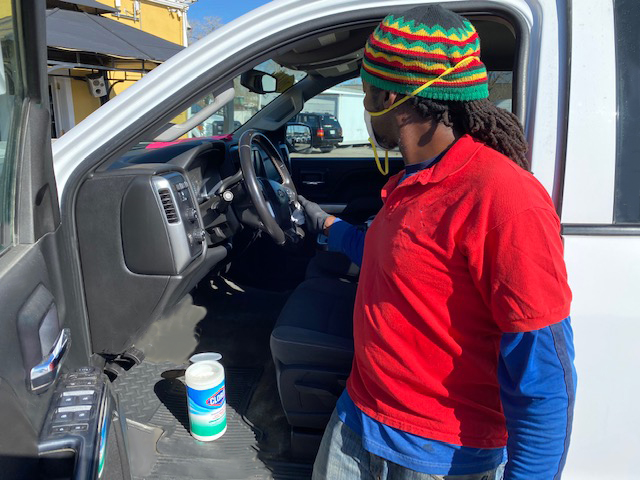Dye Autos Denver Area Truck and Automotive Blog
 Many car buyers prefer to trade in their current vehicle when getting another one because it’s easy. All you have to do is drive to the dealership, sign a your paperwork, and drive away in a different vehicle. What many buyers don’t know is that there are other benefits of trading in your car.
Many car buyers prefer to trade in their current vehicle when getting another one because it’s easy. All you have to do is drive to the dealership, sign a your paperwork, and drive away in a different vehicle. What many buyers don’t know is that there are other benefits of trading in your car.
One of the biggest benefits of trading in your car is that you can apply the trade-in credit to your down payment, thereby reducing the amount you need to finance. (ie: lowering your monthly payment!)
There can be tax advantages, too. Colorado and most other states require sales tax to be paid only on the difference between the price of your trade-in and the vehicle you’re buying, not the full price of the next car.
But this tax benefit doesn’t apply if you sell your old vehicle yourself!
Important tips when trading in your car
We’ve been selling trucks for a long time in the Denver/Wheat Ridge area. We’ve heard from customers like you who want to know “insider’s tips” on trading in your car. Here are four of our BEST tips!
- Give your trade-in curb appeal.
- Clean the exterior and interior well.
- Remove small dents.
- Fix window glass defects.
- Be honest with yourself about your car’s trade-in condition. The more forthright you are when using online appraisal tools, the better off you’ll be when it comes time to trade it in. Very often, people come into the dealership with an overly-optimistic idea of what their car is worth, only to find that reality is less optimistic.
- Don’t forget to pack all your car’s accessories. Trading in your car means you are trading in everything that goes along with it. Make sure the original owner’s manual and any extra keys are in the vehicle when you arrive at the dealership. Dealers like used cars that still have all the accessories and may even give you a better deal on your trade when everything is there.
- Bring all vehicle paperwork with you. You will need:
- Certificate of title (if you don’t have it, the DMV can tell you how to get it replaced). Note: if you have an outstanding loan on the vehicle, this will not apply since the bank has your certificate of title.
- Current registration.
- All your car keys and the owner’s manual.
- If you still have a loan on the car, you’ll need to have your account number or a payment stub.
- Maintenance records. These help support your claims about whatever prior damage your car has had and the repairs it has undergone.



